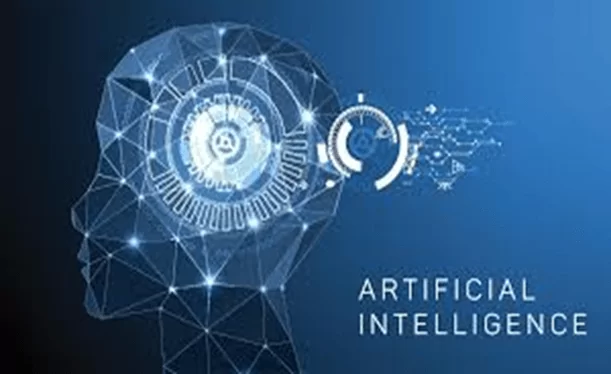There is a growing concern about artificial intelligence. In the last decade, artificial intelligence concerns have grown tremendously as its use and acceptance grows. From optimizing logistics to conducting research, intelligent machines are transforming the way we work.
According to investment figures and polls, machine learning and AI will soon be a part of our daily lives – obvious enough. Tech giants like Amazon, Alphabet, Facebook, and Microsoft have already made intelligent machines a part of their systems. There are lots of ethical and social concerns about artificial intelligence and this list has captured ten of the most reoccurring questions.
10. Whose standard will they follow?
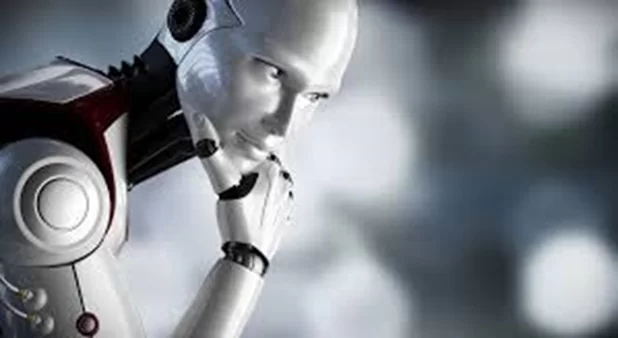
Image Source: degrees
Accusations of business are commonplace in our work environment. Machine Learning, the branch of Artificial intelligence concerned with product suggestions, face recognition algorithms, and advertising engines depends on the data it is fed to hone its algorithms. If the information trainer is biased, the system will eventually assume overt or covert biases. So, when you talk about artificial intelligence, people are quick to ask, “Whose standard will they follow?”
9. Who takes the blame when there is a mistake?
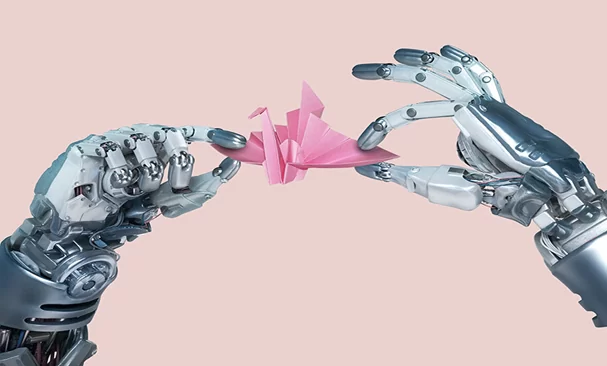
Image Source: European CEO
Trading blames is a common feature in organizations; senior staff shifting blame and responsibility to junior staff and vice versa. The one who cannot shift the blame is often held as the culprit and faces the consequences. If the source of a fatal error points at a self-learning machine, who takes the blame if a machine cannot be held accountable?
8. Can algorithms learn contextual decision making?
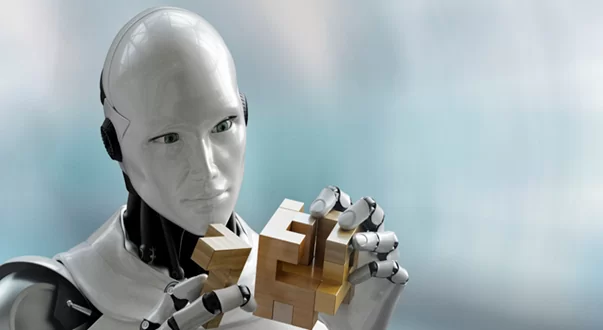
Image Source: worldcertification
Making contextual decisions have become an indelible part of human lives. One of the many concerns about artificial intelligence is whether they will be able to learn this art of contextual decision making. For example, it is logical for a company to raise the price of their products if they fall short of supply against rising demand. For a life-saving pharmaceutical, the company may not alter the price irrespective of the demand. Can a machine take this information into consideration in making a subjective decision?
7. Can machine renegotiate moral standards?
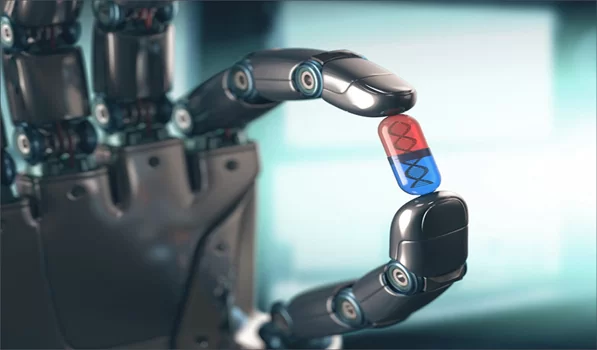
Image Source: NESGT
Different societies tend to have different moral standards. However, if need be, you will find them engage in debates to overcome their differences. It may sometimes take the interference of a third party to see the debate to a logical conclusion. Can machine learning technology replicate such free-flowing dialogue and will they ever be able to make compromises for an amicable resolution?
6. Will intelligent systems not outthink humans in the long run?
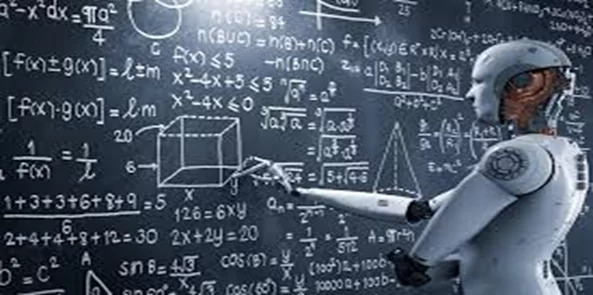
Image Source: hitachivantara
Very strong and large animals like dinosaurs have gone into extinction. The only reason why humans, as puny as they seem compared to some large carnivores, have remained on top of the food chain is because of their intelligence and ingenuity. As portrayed in one of Will Smith’s classic movie, “I- Robot”, a strong artificial intelligence concern is the fate of humans if we wake up one day to discover that the machines we created have become more intelligent than we can control.
5. How can we guarantee the safety of artificial intelligence?
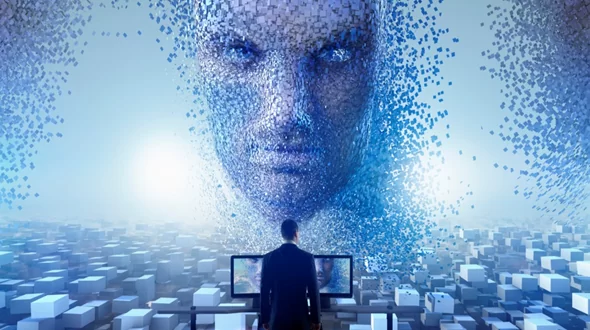
Image Source: rt.com
The more powerful machines become, the more they can be used to perpetrate nefarious acts. What would become the fate of the world if a terrorist organization should hijack a highly intelligent artificial intelligence system? Do we have a cyber-security system that would ensure that would never happen?
4. How will the wealth created by machines be distributed?
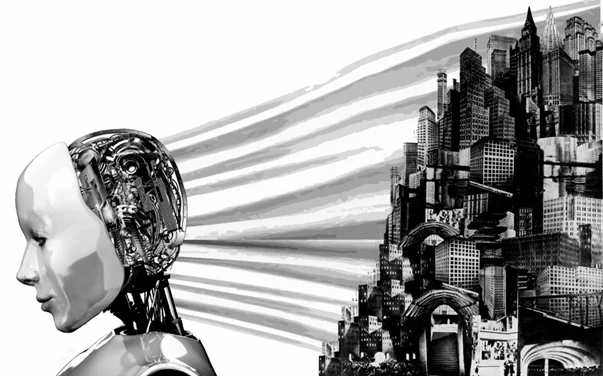
Image Source: Future Architecture Platform
The economic system the world is used to is the type that compensates people based on their contributions to the economy. This is portrayed in the form of hourly or monthly wages. If an artificial intelligence makes all the money in a company comprising of a few staff, what will be the sharing formula for distributing the wealth made by artificial intelligence in a post-labor economy?
3. Can humans completely trust machines?
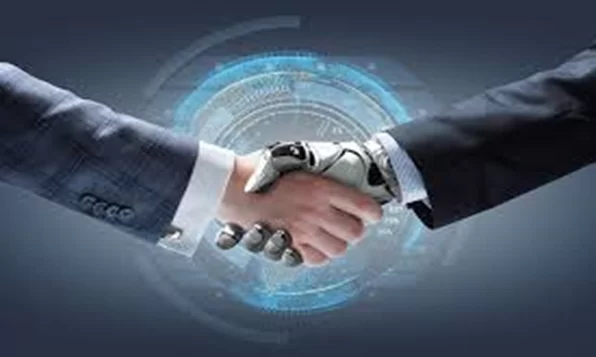
Image Source: mobileworldlive
Humans don’t trust each other for many reasons but do we have any reason to trust robots either? There is a prediction by Stephen Brobst, CTO at Teradata, that by 2020, ten per cent will protest the hold of Artificial intelligence on our lives. People feel uneasy when they don’t understand how decisions are made. This is another huge concern about artificial intelligence.
2. What will happen to human privacy?
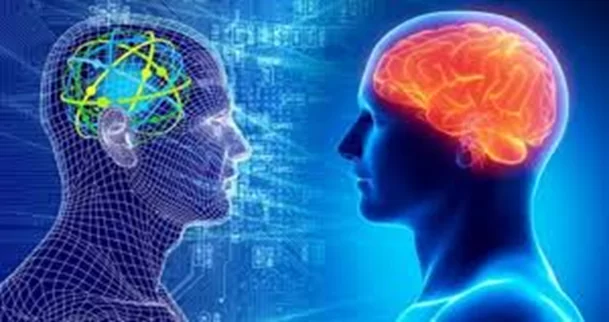
Image Source: SCMP
Machine learning and deep learning techniques feed on data. Another major artificial intelligence concern is that businesses with a focus on this technology will tend to scrape data with or without the consent of the other party in a bid to make their services more efficient and outwit competitors.
1. Will artificial intelligence lead to unemployment?
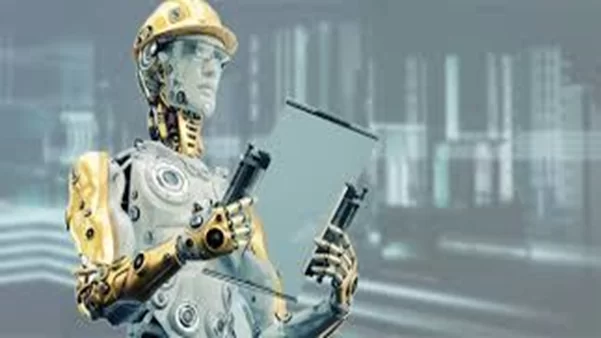
Image Source: GCN
Artificial intelligence has led to job automation. A single machine now man complex processes that were once controlled by myriads of staff. Many establishments are downsizing by replacing people with machines. The rise in unemployment is the most nagging among all artificial intelligence concerns.
Artificial intelligence researchers have said that the idea that machines would one day outthink humans remains a myth. However, some of the fears about artificial intelligence particularly in the way it affects life and labor have remained genuine. Until some of these questions are answered convincingly it may be hard for humans to gain the trust of machines in their lives.
Do you think that artificial intelligence poses any major threat to humans? Let us hear your opinion in the comment box.
Don’t forget to read more articles here.

